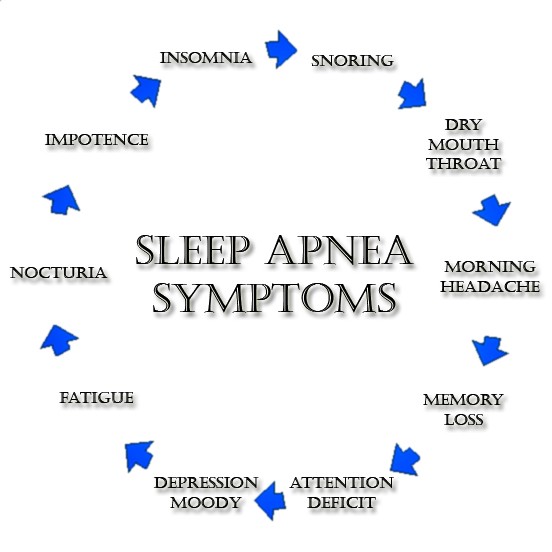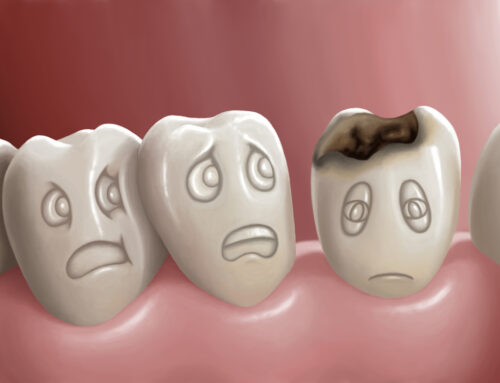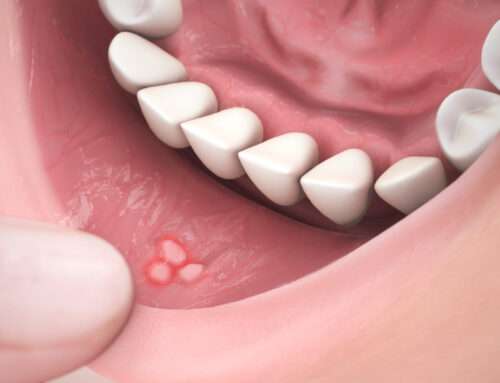Are you drowsy during the day without any explaination? Do you snore at night, or find yourself waking up short of breath in the middle of the night? If so, you might be one of twelve million Americans affected by sleep apnea!
What is sleep apnea?
Sleep apnea is a condition where your breathing stops during sleep as many as 20-30 times per hour. Each time your breathing stops, the lack of oxygen acts as an alert to your brain to temporarily wake up to restart breathing properly. Most people do not even remember waking up in their sleep because it is for such a brief period of time.
Most people think that they are getting a good night’s sleep, when in reality the constant waking up disrupts the deep sleep that is supposed to refresh the body. These people are frequently drowsy during the day.
Signs of sleep apnea:
-Insomnia or trouble sleeping
-Loud snoring
-Snorting or Choking sounds at night
-Waking up short of breath at night
-Headaches upon waking up
-Unexplained drowsiness through the day
-Falling asleep unintentionally during the day
Types of Sleep apnea
There are three categories of sleep apnea. The most common type is obstructive sleep apnea, or OSA. This occurs because there is a physical blockage of tissue in the back of the throat. Another type, which is less common is called central sleep apnea, or CSA. THe muscles that are used for proper breathing do not recieve the right signal from the brain, and breathing is stopped. The last type of apnea is called “mixed” or sometimes referred to as “complex” sleep apnea. This is a combination of obstructive and central.
Risk Factors
-Obesity
-Smoking
-Drinking
-Sedative use
-High blood pressure
-Family History
Obstructive sleep apnea is more common in males over the age of 40. Anyone however, regardless of any age or gender can suffer from sleep apnea. Central sleep apnea is more often found in those with a heart condition, or neuromuscular disorder, stoke, or brain tumor. It is also more common in the male population. If left untreated, sleep apnea can lead to high blood pressure, increasing the risk of heart failure or even a stroke. The ongoing fatigue leads to problems at work or school, as well as danger when operating a vehicle or heavy machinery.
Treatment of sleep apnea depends on the severity of the problem and type of apnea. Some types of apnea can be treated with behavioral treatment, such as losing weight, or lying on your side while sleeping. Please give us a call if you suspect that you may suffer from a sleep disorder or sleep apnea.






